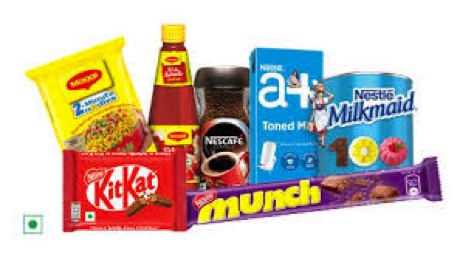Kids drink a glass of milk at dinner for a reason – milk contains nutrients we need to grow and maintain healthy bones.
Dairy is just as important in adulthood, but about 90% of Americans aren’t meeting the recommendation of three cups per day, according to the U.S. Department of Agriculture.
Not all dairy products are created equal though – your cream cheese, sour cream and butter don’t count as nutritional enough to meet your daily goal, unfortunately. Other dairy products, like milk, cheese and yogurt, can supply important nutrients like calcium, phosphorus, vitamins A, D and B12, protein, potassium, riboflavin, magnesium and more.
What is the healthiest milk?
Ultra-filtered milk is the healthiest choice because of its nutritional density, says registered dietitian Jamie Nadeau.
Milk contains water, fat, protein, lactose, vitamins and minerals. In ultra-filtered milk, the water, lactose, minerals and water-soluble vitamins are removed without altering the protein ratio so the milk remains creamy. It’s often enriched later in processing. And being fortified, the result is a milk that’s rich in protein, less sugary and higher in calcium and vitamin D.
Ultra-filtered milk is also lactose-free, making it a great option for those with intolerance. Ultra-filtered 2% milk has the same number of calories as regular 2% milk but is the clear winner when you compare them nutritionally.
“You can’t argue with the numbers,” Nadeau says.
Regular 2% milk contains 5 grams of fat, 8 grams of protein, 12 grams of sugar, 250 mg of calcium and 60 IU of vitamin D.
Fairlife 2% milk, on the other hand, a popular ultra-filtered brand, has 4.5 grams of fat, 13 grams of protein, 6 grams of sugar, 380 mg of calcium and 200 IU of vitamin D.
Behind ultra-filtered, the next healthiest milk is regular dairy milk, which contains an average of 8 grams of protein per cup and tons of calcium and fat-soluble vitamins.
“It’s just such an easy source of nutrition,” Nadeau says.
Nadeau’s other pick is soy milk, the healthiest option for non-dairy milk because it’s nutritionally the closest to dairy. Soy milk has a similar amount of protein at 6.3 grams per cup and is a generally low carbohydrate option, as long as there isn’t a lot of added sugar.
When you’re shopping for plant-based milk, spend a little time comparing the nutrition labels and ingredients list, Nadeau says. Some contain just a few ingredients while others have added sugar or flavorings. You’ll want to look for an option with minimal added sugar.
“They are all so incredibly different,” Nadeau says. “You always want to make sure that they’re fortified with things like calcium and vitamin D so that you’re getting the same nutrition payoff that you would from cow’s milk.”



























